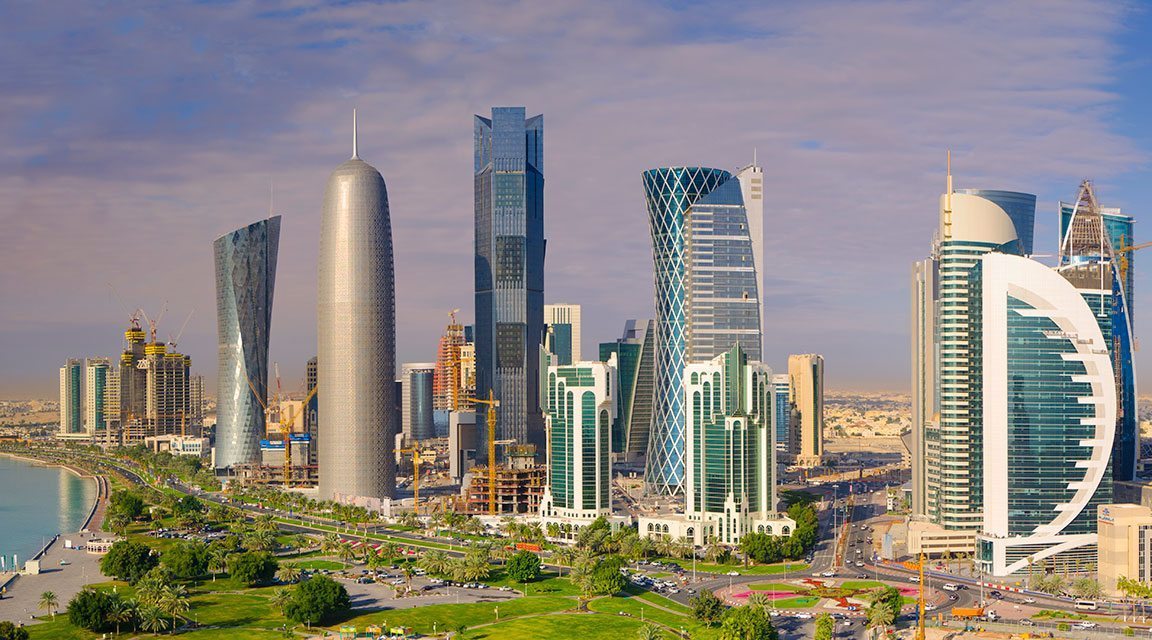

Companies expect an increase in tender prices due to greater risk
Construction costs in Qatar are expected to spike as contractors bidding for new work will be expected to pay for any additional costs that may be incurred from the trade blockade on the country.
On 5 June, Saudi Arabia, the UAE, Bahrain and Egypt severed diplomatic ties with Qatar. The three GCC states also closed down their airspaces to Qatar aircraft, prevented ships heading to Qatar from leaving their ports, and closed Qatars only land border.
Companies that have been invited to bid for work in Qatar say that tenders issued for work since the embargo began stipulate that contractors will have to pay any escalation in costs caused by the blockade.
We have been invited to price a few projects in Qatar over the past month, says a regional contractor. The tenders say that the contractor will be responsibility for all additional costs because of the trade embargo. This adds risk and I expect that companies will either choose not to bid or tender prices will go up.
Costs are also expected to be driven up by shortages of materials and manpower.
So far there have been few reports of shortages of building materials, despite the fact that contractors estimate that about half of Qatars building material and equipment are imported. The product of most concern is bitumen, which prior to the blockade was mostly imported from nearby Bahrain. Sourcing aggregate, for which large volumes were imported from the UAE, could also be a problem for contractors.
Another logistical difficulty is moving people. Staff and workers travelling from Saudi Arabia, the UAE, Bahrain and Egypt have affected by the severing of direct flights. To overcome this problem many firms are now routing people through Muscat, which is adding significant amounts of time to any travel.
For existing contracts there is an expectation that there could be years of litigation as contractors and project clients argue over which party is responsible for taking on any additional costs incurred as a result of the trade blockade.
Contractors could invoke the force majeure clause in their deals so that they are not penalised by project owners.
Such claims are likely to be met with little sympathy from project owners in Qatar that over the past few years have developed a reputation for taking a tough stance with contractors when it comes to entertaining claims.
Some contractors have already said that their concern is that invoking force majeure could result in in their contracts being terminated and an even move litigation.
You might also like...

Abu Dhabi makes major construction investments
25 April 2024

Saudi Arabia seeks K9 PPP project interest
25 April 2024

Kuwait reviews 1.1GW solar prequalifications
25 April 2024

LIVE WEBINAR: Abu Dhabi Oil & Gas 2024
25 April 2024
A MEED Subscription...
Subscribe or upgrade your current MEED.com package to support your strategic planning with the MENA region’s best source of business information. Proceed to our online shop below to find out more about the features in each package.





